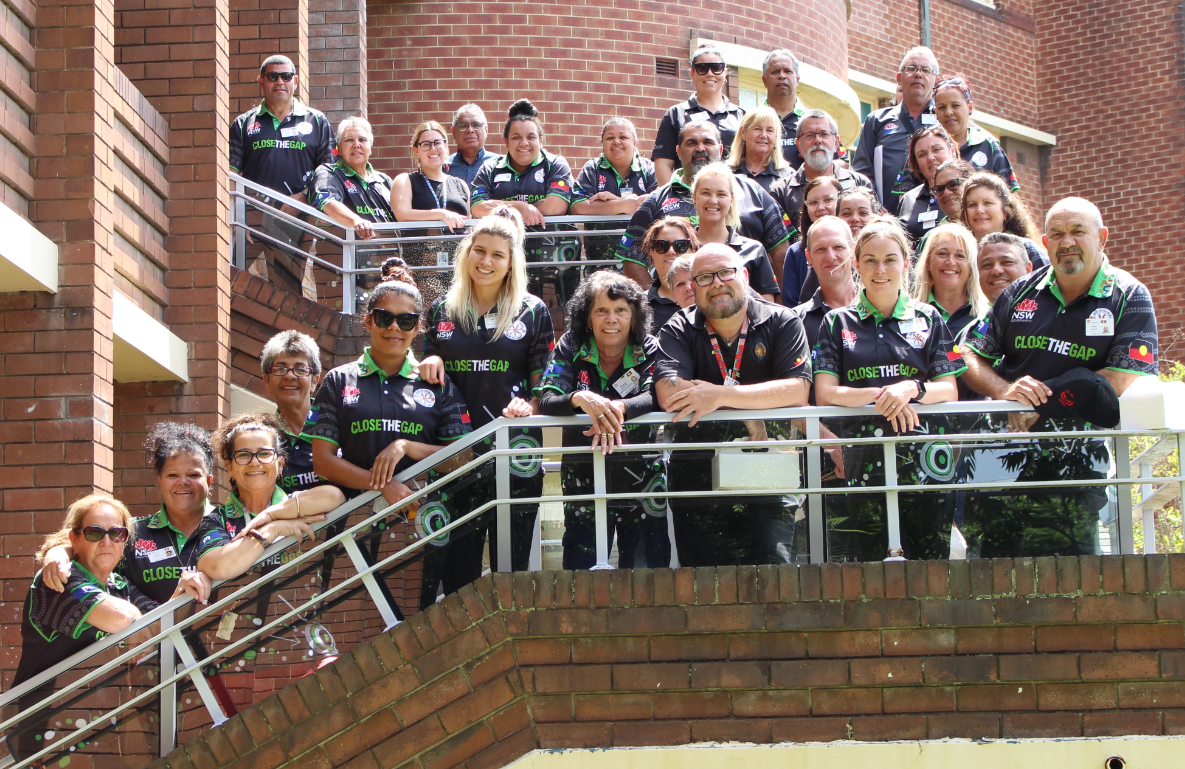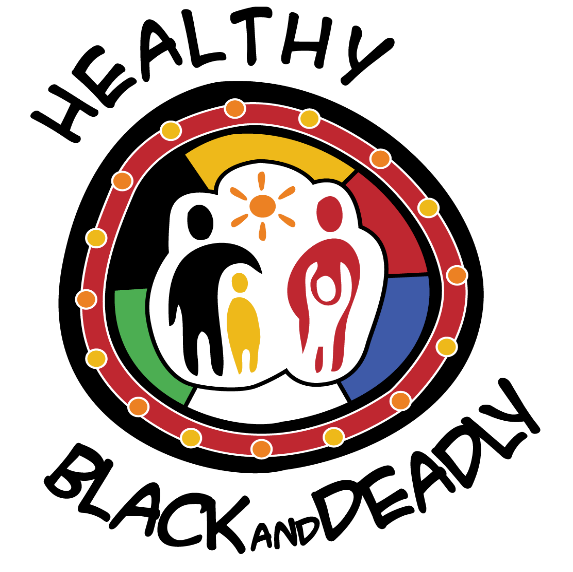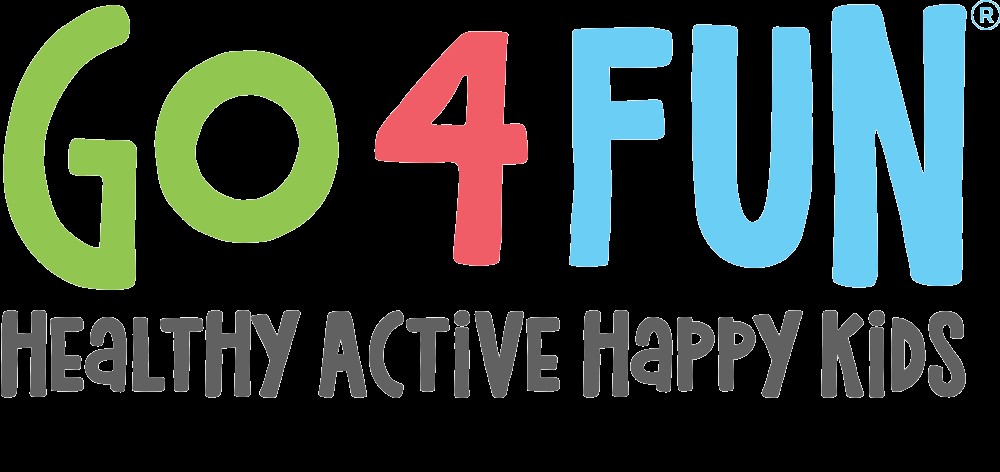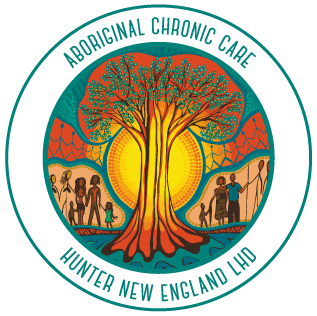
Aboriginal Health Unit
Hunter New England Local Health District have a dedicated workforce aimed to increase the health and wellbeing of Aboriginal and Torres Strait Islander people across our District to ensure that Aboriginal health is everyone's business. HNE Health workforce encompasses Aboriginal Health Workers, clinical and program staff and management. Some of these staff are based within the Aboriginal Health Unit.
The Aboriginal Health Unit is committed to improving the health and well-being of Aboriginal people by ensuring that:
- Appropriate community engagement takes place
- The incidence of the issue raised, is significant in the population
- The issue is important to Aboriginal people
- There is potential for positive impact for intervention
- An opportunity to build capacity is provided
The Aboriginal Health Unit works with all Health Services, Aboriginal Community Controlled Health Services, Primary Health Networks and other key stakeholders from local, state and federal organisations.

Aboriginal Health Unit Community Run Programs
Healthy Black and Deadly

Healthy Black and Deadly Artwork Meaning
The centre image represents Aboriginal families as a whole; all age groups. The white around the people shows protection; families and community members protecting each other.
The shining sun represents good health; both physical and mental.
The brightly coloured circle segments represent Aboriginal and Torres Strait Islander people
The dots around the edge portray communities all working together and encouraging each other to be healthy.
I-Fit Program

Artist: Carissa Paglino
The figures in the centre represent healthy active people part taking in exercise. The different colours represent different kinds of people and lifestyles. The dots and circle on the outside represent Aboriginal community.
The I-Fit Program is an innovative Aboriginal specific fitness program that aims to address the chronic health conditions and reduce the likeliness of Aboriginal people developing chronic illnesses.
An Aboriginal fitness program designed to educate and motivate people of all ages to increase their physical activity level and improve their overall health.
The program focuses on technique and the training sessions consist of different types of fitness using circuit training; resistance, cardio, core-strength training as well as Heart Moves.
Is designed for participation by any person at any fitness level. The entry level is not focused on overwhelming people but supporting active participation and encouragement
Exercises are easy to do and can be used without gym equipment and modified to suit every individual.
Delivers key messages for community that they can take home.
Go4Fun

Go4Fun is a free program for NSW children aged 7 to 13 who are above a healthy weight, and their families. Run by trained health and community professionals, it’s a fun way to build self-esteem and learn about eating well, staying active and living a healthy life.
I’m Going to Get Checked. Wanna Come?
is a community yarn up style program aiming to empower community to make healthy lifestyle choices, to reduce risk of chronic disease and cancer, encourage cancer screening and linking community with cancer content experts
Aboriginal Chronic Disease

Chronic Disease
Aboriginal and Torres Strait Islander People have significantly higher rates of chronic diseases then non-Aboriginal and Torres Strait Islander People. Chronic diseases are long lasting illness with ongoing impacts on the individual, and include diseases such as: respiratory, heart, liver and kidney disease, diabetes and cancer. Chronic diseases contribute to approximately 80% of the mortality gap between Aboriginal and non-Aboriginal people (www.aihw.gov.au).
Within HNELHD, a number of initiatives have been developed to support the prevention, diagnosis and management of chronic diseases in our communities. These include a number of programs designed specifically to reduce the health burden of chronic diseases for Aboriginal people. Some of the health promotion and prevention programs are delivered by staff within the Aboriginal Health Unit, while the diagnosis and management of Aboriginal people with a chronic disease are supported by the Integrated Chronic Care for Aboriginal People Program Team (ICCAPP). In addition, some District wide clinics and services have been established including the Medical Outreach Indigenous Chronic Disease Program (MOICDP).
It's important that all Aboriginal and Torres Strait Islander people feel comfortable accessing all services in our District. By providing culturally safe health services, this will provide opportunity for clients and patients to have timely access to our services, which will support positive long term health outcomes for Aboriginal and Torres Strait Islander people. You can undertake a cultural audit of your service by completing the HNE Aboriginal Appropriateness Checklist available via the Closing the Gap intranet page.
Resources
The ICCAPP team have put together a range of informative videos about the services they provide. To find our more information about the ICCAPP services in your area, please contact Rose Wadwell, Aboriginal Chronic Disease Practice Development Officer via email: Rose.Wadwell@health.nsw.gov.au or phone: (02) 6763 7432.
Above artwork: 'Healing Together' by Worimi Artist Krystal Hurst. For more information about the meaning of the artwork see the artist statement: Healing Together Artist Statement. Please note this artwork cannot be used or reproduced without written permission from the Manager Aboriginal Care. If you would like more information about the artwork, please contact the Aboriginal Chronic Care team on 4924 6645.
Supportive Care
A Guide for Aboriginal and Torres Strait Islander people through “Sorry Business”.
This resource has been developed to provide culturally sensitive, respectful, responsive and appropriate methods of communication when dealing with health care and Sorry Business with Aboriginal & Torres Strait Islander people.
The booklet has been produced to improve the effectiveness of Aboriginal and Torres Strait Islander people's journey through the system for those that are affected by palliative illnesses – "Sorry Business” who are located across local communities within the Hunter New England boundary.
The work of our Palliative Care Services around our district is to enable patients, families and community to maintain dignity, comfort and maximize the quality of life for all affected by life threatening illness.
Resources
- Supportive Care - "Into the Dreaming"
A Palliative Care Guide for Aboriginal and Torres Strait Islander people through “Sorry Business” - Support, services and contact list
A comprehensive contact list for related services in our District
Contact Us
Email:
